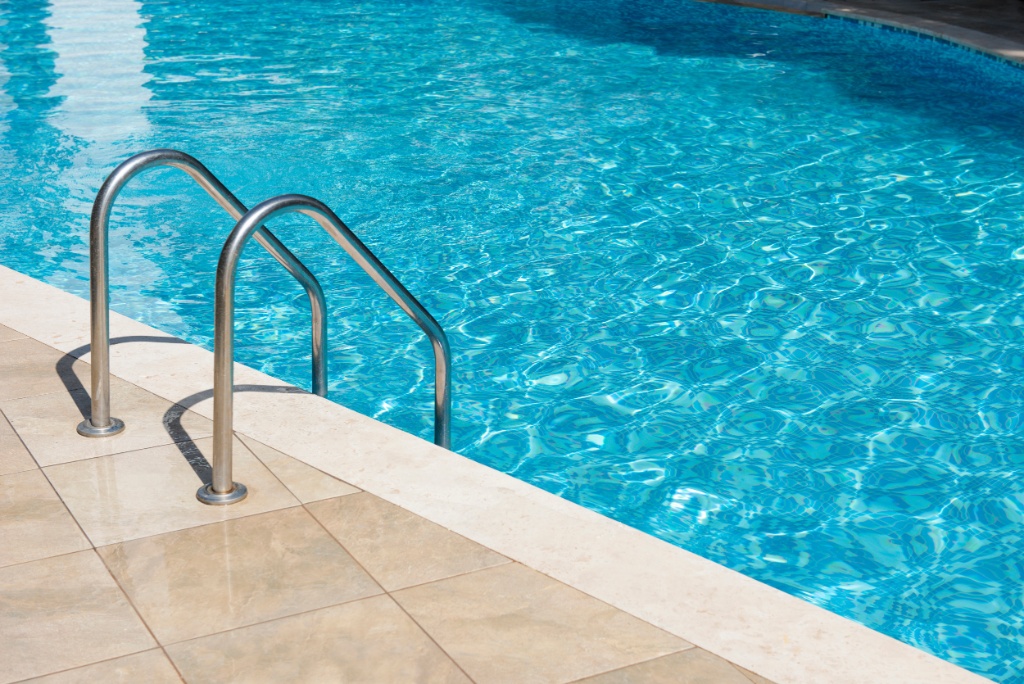January 30, 2020 | premises liability Claims
What Is Occupier’s Liability?
Table of Contents
Occupier’s liability is an area of civil law relating to the duties of a property owner or occupier. The occupier of a piece of land in British Columbia – through ownership or through lease – owes certain duties to the people that enter their property. This legal theory is commonly referred to as premises liability in the United States.
While this theory provides visitors with a legal claim for injuries in some cases, it does not apply to every accident that occurs on the property of another person. To recover on a claim, you must establish that the property owner failed to act reasonably in response to a hazard.
The legal issues surrounding occupier’s liability are complex. While a thorough understanding of this area of the law is helpful, your best bet in protecting your legal rights involves consulting with a personal injury law firm. Contact Preszler Injury Lawyers right away to schedule a free consultation.
The Occupiers’ Liability Act
Claims involving injuries on the property of another are governed by the British Columbia Occupiers’ Liability Act. Under this Act, an owner or occupier of the property must maintain the premises in a reasonably safe condition. These rules apply both inside and outside real property. While most of these claims result from injuries on commercial property, the Act also applies to residences and other private property.
The Act is broad, given the wide range of reasons for entering the property of another person. Shoppers enter stores and supermarkets on a daily basis, while hungry diners pour in and out of popular restaurants. The owner of each of these businesses has a responsibility to reduce the risk of injury their visitors face. Government property is not immune, as hazards in public parks or inside courthouses could also lead to a viable claim.
The key to occupier’s liability is whether or not the occupier takes reasonable steps necessary to address a hazard. A step is reasonable if most property owners in a similar situation would have addressed the hazard. In some cases, it is impossible to properly address a hazard before an injury occurs. For example, a grocery store owner is more likely to face liability when a person slips on spilled milk that was on the floor for several hours compared to milk that was only on the floor for a matter of seconds. If an occupier fails to respond to a hazard in a reasonable amount of time, you could have a viable claim against them if you suffer an injury on their property.
Common hazards in an occupiers’ liability claim
There are countless potential hazards that might result in an occupiers’ liability claim. While most of these claims involve some sort of fall, others can result from contact with hazardous chemicals or substances. Some common examples include:
- Exposed wiring
- Empty swimming pools
- Accumulated snow or ice
- Spilled food or drink
- Loose carpet
- Missing bannisters
- Broken stairs
- Cracked pavement
- Uncovered wells
- Falling objects
- Spilled chemicals
When these injuries happen, a slip and fall law firm could assist you in holding a careless property owner or occupier accountable.
Duties of the visitor
When it comes to these claims, liability can be a two-way street. While property owners owe a duty to protect their visitors, the visitor also has a duty to take care to avoid injury. Because of this duty, a person injured on an open and obvious hazard might not recover compensation from their injuries. If the property owner notifies a visitor of a potential hazard, it could bolster their claim that they acted reasonably in their efforts to address the hazard.
Get the most from your occupiers’ liability claim
It can be difficult to know what to do after an accident on another person’s property. Unlike a motor vehicle accident, it is unlikely you have an insurance policy that you can turn to. Preszler Injury Lawyers could help you protect your legal rights in your occupiers’ liability claim. To learn more, schedule your free case evaluation immediately.
Written by Raj Bhogal
Personal Injury Lawyer
Lawyer Raj Bhogal handles a variety of complex personal injury claims, including institutional abuse cases, long-term disability disputes, aviation-related injuries, premises liability, and more.
More premises liability Topics
Here’s more information on premises liability related topics that we think you might find helpful.

premises liability
|
August 21, 2023
Liability for Swimming Pool Owners
With the summer heat in full swing, taking a dip in your pool is a great way to stay cool. Without a doubt, having a…

premises liability
|
January 9, 2020
If I Throw a Party Am I Responsible for the Actions of My Guests?
Everyone likes to have a good time–especially during the holidays. Whether a party is centred around a holiday or a gathering of friends, alcohol is…

premises liability
|
March 27, 2019
Airbnb and Premises Liability: What you Need to Know
For today’s internet savvy consumers, booking vacations, car rentals, and virtually all other associated items has become a matter of simply clicking and booking through…
Speak With Our
Legal Team for FREE
Find Out if You Have a Case in Under 5 Minutes
Speak to a Lawyer Now!
We’re here to help.
